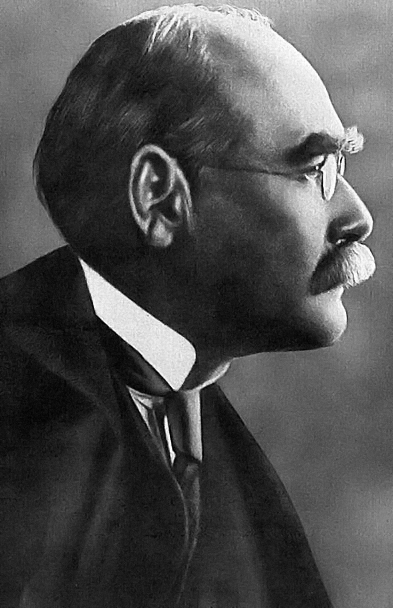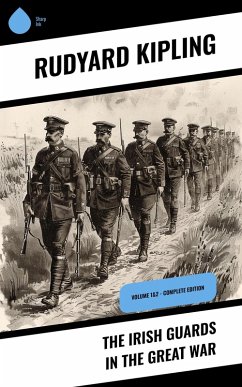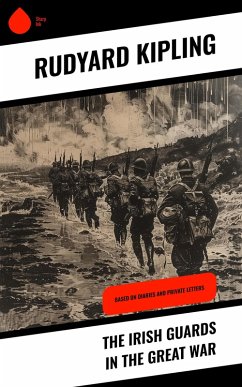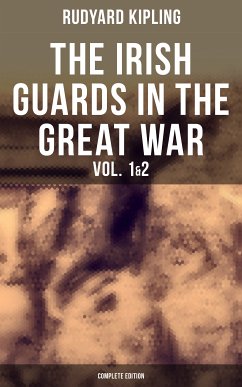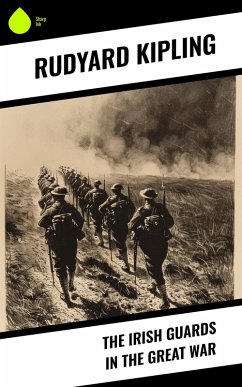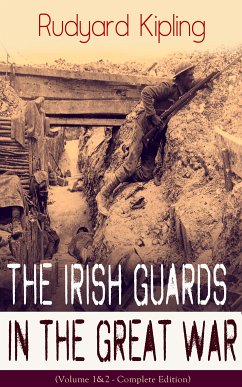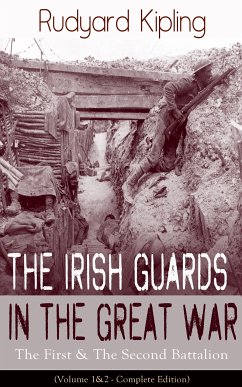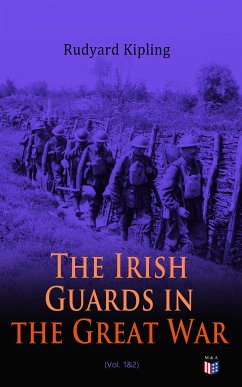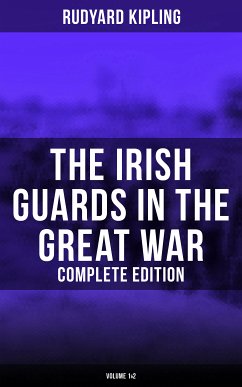
The Irish Guards in the Great War (eBook, ePUB)

PAYBACK Punkte
0 °P sammeln!
In "The Irish Guards in the Great War," Rudyard Kipling presents a poignant and vivid account of the experiences of the Irish Guards during World War I, illustrating the harsh realities and valor displayed in the trenches. The narrative, characterized by Kipling's distinctive literary style marked by rich imagery and emotional depth, conjures the visceral nature of warfare while also exploring themes of duty, camaraderie, and sacrifice. Drawing from personal letters and first-hand accounts, Kipling crafts a historical tribute that captures both individual and collective experiences, reflecting...
In "The Irish Guards in the Great War," Rudyard Kipling presents a poignant and vivid account of the experiences of the Irish Guards during World War I, illustrating the harsh realities and valor displayed in the trenches. The narrative, characterized by Kipling's distinctive literary style marked by rich imagery and emotional depth, conjures the visceral nature of warfare while also exploring themes of duty, camaraderie, and sacrifice. Drawing from personal letters and first-hand accounts, Kipling crafts a historical tribute that captures both individual and collective experiences, reflecting the broader literary context of war literature that emerged in the early 20th century. Rudyard Kipling, renowned for his authoritative voice in British literature, was deeply involved in wartime discourse, particularly as his own son served in the conflict. This personal connection undoubtedly influenced Kipling's committed portrayal of the Irish Guards, highlighting the national pride and the profound sorrow associated with the loss of young lives during the war. Kipling's background as a journalist and novelist with a keen interest in colonial and military themes enriches the narrative, allowing readers to appreciate the broader implications of the Great War on British society. This significant work is recommended for those interested in military history, literary studies, and the emotional complexities of war. Kipling's vivid narrative and intimate insights offer readers not only a historical account but also an exploration of human resilience that resonates through time, making it essential reading for anyone seeking to understand the profound impact of World War I.
Dieser Download kann aus rechtlichen Gründen nur mit Rechnungsadresse in A, B, BG, CY, CZ, D, DK, EW, E, FIN, F, GR, H, IRL, I, LT, L, LR, M, NL, PL, P, R, S, SLO, SK ausgeliefert werden.




